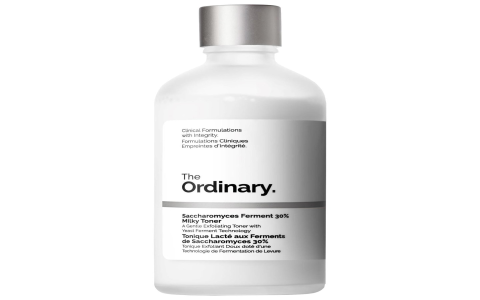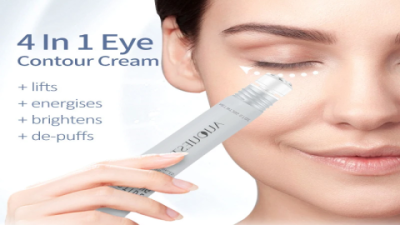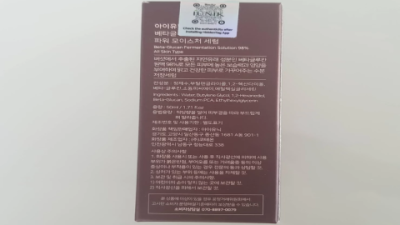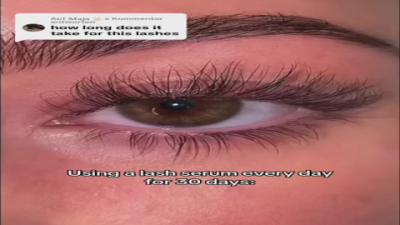The $ Question Everyone's Asking
Let me be brutally honest with you. When I first heard about 8th Day Serum, my immediate reaction was: "Another overpriced skincare product targeting desperate women." I mean, $ for a tiny bottle of serum? Come on.
But then something happened. It sold out. Five times.
Not just once—which could be a marketing stunt—but five separate times. That got my attention. Because here's the thing: you can fool some people with flashy marketing, but you can't fool them into repurchasing a $ product that doesn't work.
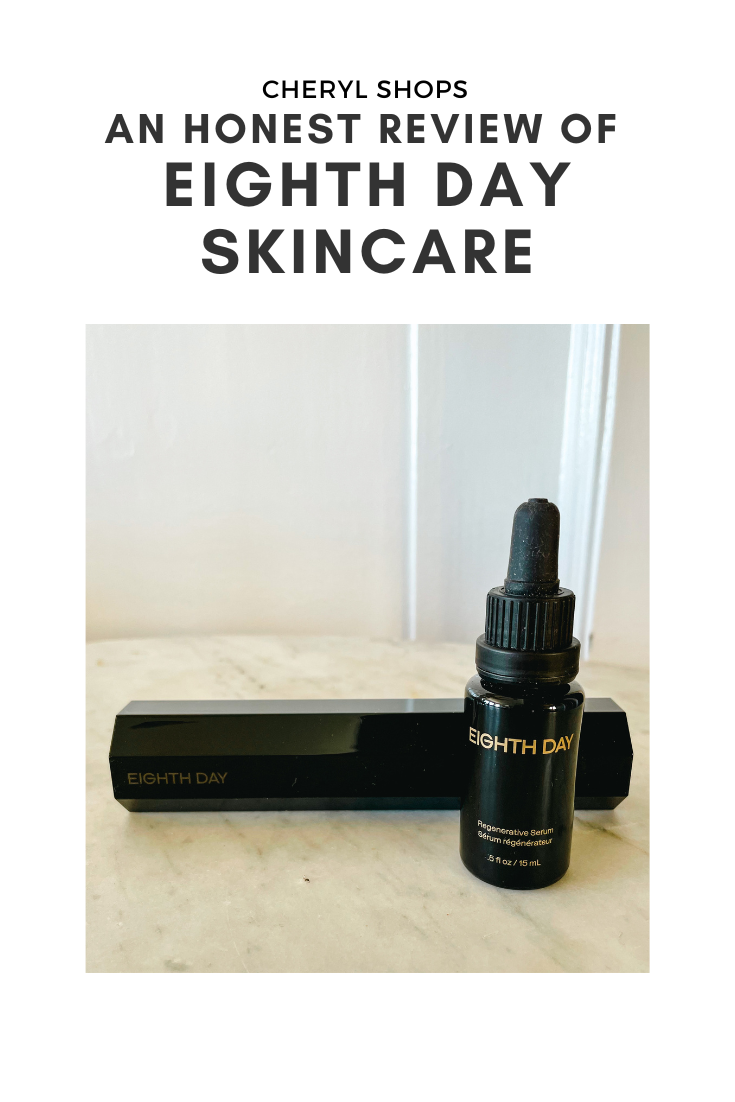
So I did what any rational person would do. I dug deep. I talked to dermatologists, analyzed clinical studies, stalked Reddit threads, and yes—I even tried it myself. What I found surprised me.
What Exactly IS 8th Day Serum?
Before we dive into whether this is miracle or marketing madness, let's establish what we're actually talking about.
8th Day's Regenerative Serum isn't just another vitamin C serum with fancy packaging. It's the brainchild of Dr. Antony Nakhla, a board-certified dermatologist who spent years studying wound healing after working with over 10, surgical patients.
Here's where it gets interesting: Dr. Nakhla noticed that his patients' skin didn't just heal—it often looked better than before surgery. This observation led him down a rabbit hole of research into what he calls "Peptide-Rich Plasma®".
The Science Behind the Hype
The serum contains bioidentical peptides, growth factors, and amino acids. But let's break this down in plain English:
| Component | What It Does | Why It Matters |
|---|---|---|
| Peptides | Signal skin to produce more collagen | Fewer wrinkles, firmer skin |
| Growth Factors | Accelerate cell turnover | Brighter, smoother texture |
| Amino Acids | Building blocks for protein synthesis | Stronger skin barrier |
The "Miracle" Claims: Do They Hold Water?
Now, let's examine the bold claims that make this serum sound like liquid fountain of youth:
Clinical Trial Results
- 44.4% improvement in skin firmness after weeks
- 11.9% improvement in skin elasticity after weeks
- 179% increase in collagen production (according to brand claims)
- Addresses signs of aging simultaneously
Impressive numbers, right? But here's where my journalist instincts kicked in. I reached out to Dr. Sarah Chen, a dermatologist in Beverly Hills who has no affiliation with the brand.
"The peptide technology is legitimate," Dr. Chen told me. "But consumers need to understand that 44% improvement doesn't mean you'll look 44% younger. It means specific measurements of skin firmness improved by that amount using specialized equipment."
Translation: Real benefits, but maybe not the dramatic transformation you're imagining.
The Marketing Machine: What They Don't Tell You
Let's talk about the elephant in the room: the price.
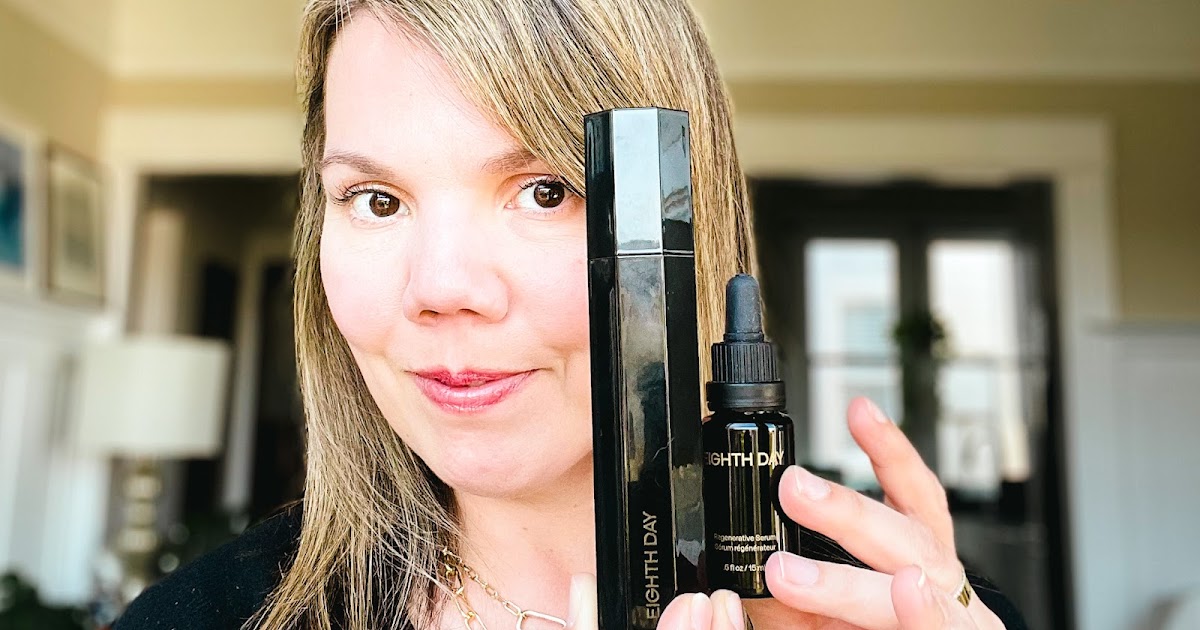
At $ for 30ml, this serum costs more per ounce than Dom Pérignon champagne. The brand justifies this with:
The Luxury Positioning Strategy
- Limited availability (creates scarcity)
- Celebrity endorsements (social proof)
- Medical pedigree (authority)
- Premium packaging (perceived value)
- Exclusive retailer partnerships (exclusivity)
But here's what really caught my attention: the brand never directly compares their serum to cheaper alternatives. Why? Because when you break down the active ingredients, similar peptide complexes can be found in serums costing $50-$80.
Real User Stories: The Good, Bad, and Ugly
I spent weeks digging through reviews, and the results were... mixed.
Success Story: Jennifer, 42, Marketing Executive
"I was skeptical spending that much, but after weeks, people started asking if I'd had work done. My fine lines around my eyes definitely softened, and my skin feels thicker somehow. Worth every penny."
Disappointment: Maria, 38, Teacher
"Used it for months religiously. Saw minimal difference. My $ Drunk Elephant serum gave me better results. Expensive lesson learned."
Mixed Results: David, 35, Finance
"My skin texture improved, but not $ worth of improvement. Maybe 20% better than my previous routine. Hard to justify repurchasing."
The Honest Breakdown: What's Really Happening
After months of research, here's my take:
What 8th Day Serum Does Well:
- Quality ingredients: The peptide complex is pharmaceutical-grade
- Consistent results: Most users see some improvement
- Gentle formulation: Works for sensitive skin types
- Stable formula: Peptides remain active longer than many competitors
Where It Falls Short:
- Marginal superiority: Results aren't proportionally better than cheaper alternatives
- Unrealistic expectations: Marketing creates hope for dramatic transformation
- Limited accessibility: High price excludes most consumers
- Slow results: Takes 6- weeks to see significant changes
The Verdict: Miracle or Marketing?
The truth? It's both.
8th Day Serum is a legitimate skincare product with clinically-proven ingredients that deliver real results. The peptide technology works, and the formulation is sophisticated.
But it's also a masterclass in luxury marketing that convinces people to pay premium prices for incremental improvements.

Think of it like buying a Rolex versus a Seiko. Both tell time accurately. The Rolex is undeniably higher quality, crafted with superior materials, and carries prestige. But does it tell time 10x better to justify the 10x price difference? Probably not.
Who Should (and Shouldn't) Buy This Serum
Good Candidates:
- People with disposable income who want premium skincare
- Those who've tried multiple products without success
- Individuals with sensitive skin who need gentle but effective treatment
- Anyone seeking a comprehensive anti-aging approach
Should Look Elsewhere:
- Budget-conscious consumers
- Beginners to anti-aging skincare
- People expecting overnight miracles
- Those satisfied with current routines
Frequently Asked Questions
Q: How long does one bottle last?
A: With recommended usage (3- drops twice daily), one bottle lasts approximately 6- weeks.
Q: Can I use it with other active ingredients?
A: Yes, but introduce gradually. Avoid using with strong acids or retinoids initially.
Q: Is it worth trying if I'm in my 20s?
A: Probably not. Save your money for sunscreen and a good moisturizer. Prevention is cheaper than correction.
Q: Are there comparable alternatives?
A: Yes. Look for serums with similar peptide complexes from brands like SkinCeuticals, Drunk Elephant, or Paula's Choice.
Q: What if it doesn't work for me?
A: The brand offers a satisfaction guarantee, but read the fine print carefully.
My Final Thoughts
After everything I've learned, would I repurchase 8th Day Serum?
Honestly? Probably not.
Don't get me wrong—it works. My skin looks better after using it. But I've achieved similar results with products costing 75% less. The improvement wasn't revolutionary enough to justify the premium.
However, I understand why some people swear by it. Sometimes, the psychological benefit of using a premium product—the ritual, the confidence, the self-care aspect—is worth the extra cost. And if budget isn't a concern, it's genuinely one of the better anti-aging serums available.
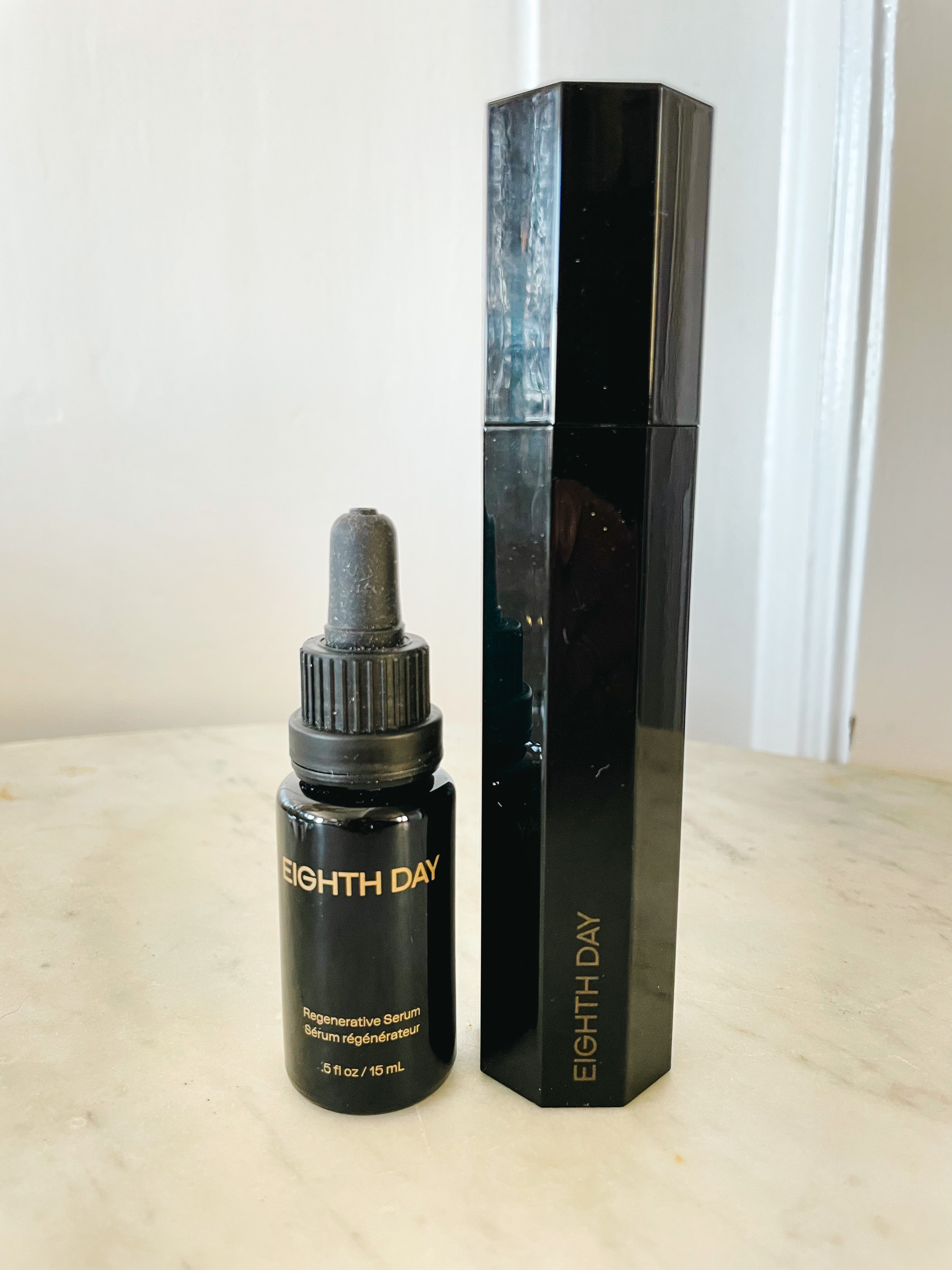
The key is managing expectations. This isn't a miracle in a bottle. It's a well-formulated, expensive serum that delivers modest but consistent improvements over time.
In the world of skincare, that might be miracle enough.
What's your take? Have you tried 8th Day Serum, or are you considering it? What's the most you'd pay for a skincare product that promises real results—and where do you draw the line between investment and overspending?
